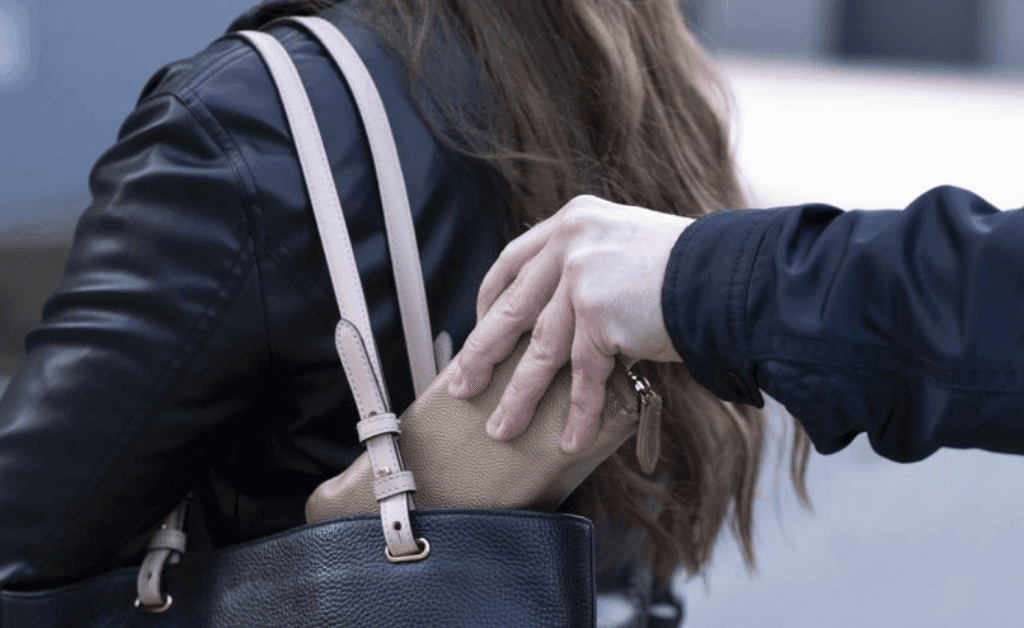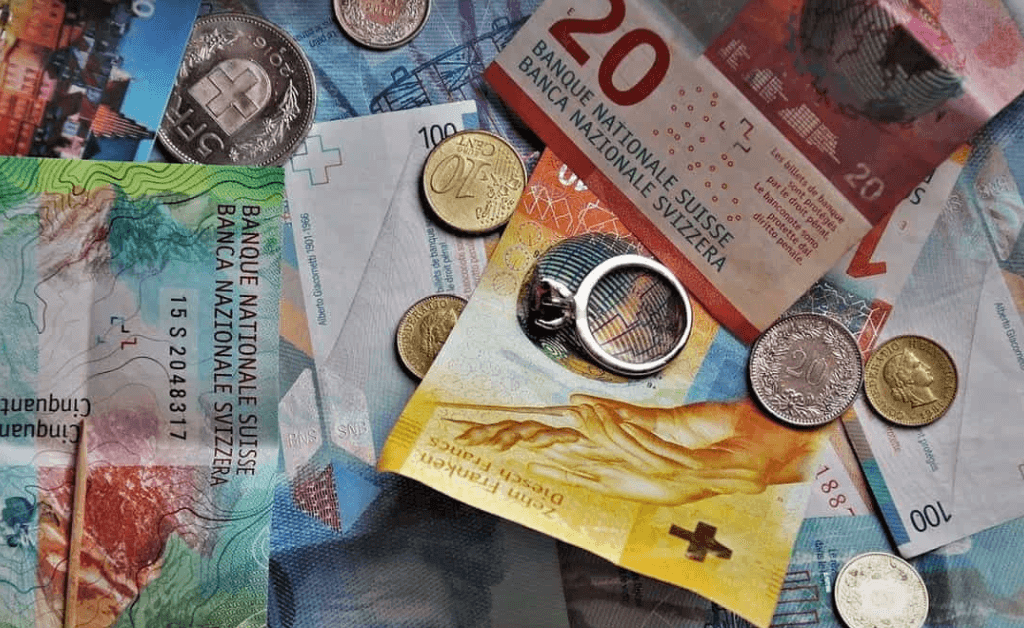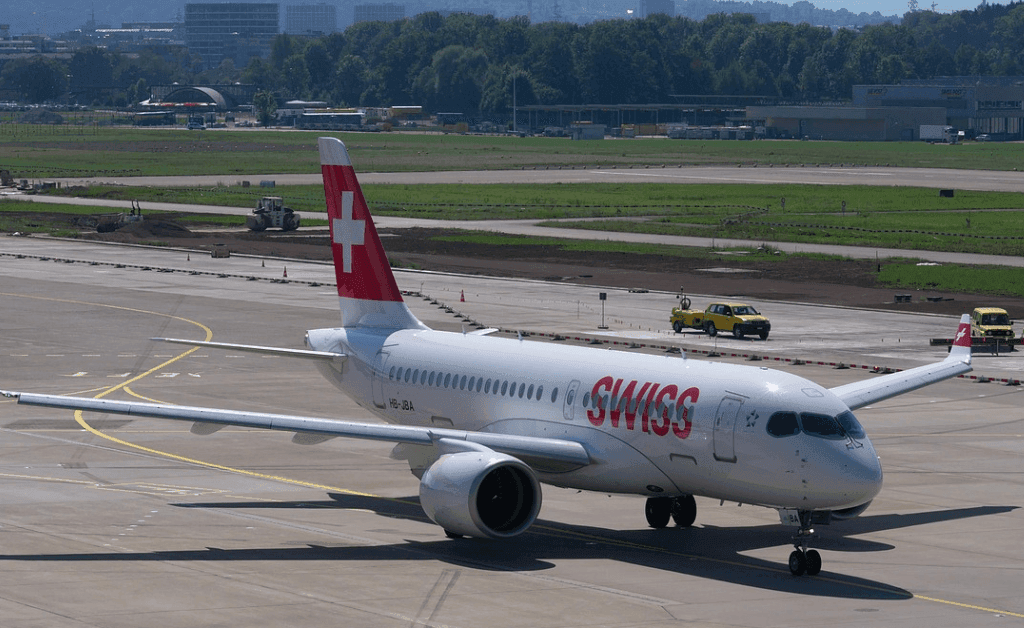What Every Tourist Should Know
Switzerland is famous for its stunning landscapes, efficient public transport, and overall safety, making it a dream destination for travelers worldwide. However, even in one of the safest countries, a little preparation goes a long way in ensuring your trip is worry-free. In this guide, I’ll share practical safety tips based on personal experiences and expert advice to help you make the most of your Swiss adventure.
Quick Summary
- Switzerland is one of the safest travel destinations globally, but staying informed enhances your experience.
- Be mindful of pickpockets in crowded areas and tourist hotspots.
- Utilize public transportation safely and follow driving regulations on mountain roads.
- Protect yourself from tourist scams and ensure your valuables are secure.
- Prepare for emergencies by knowing local healthcare systems and key contact numbers.
- Use safety apps and tools to simplify and secure your travels.
Is Switzerland a Safe Country for Tourists?
Switzerland ranks as one of the safest countries in the world, with low crime rates and a strong public safety record. Violent crime is rare, and most visitors report feeling secure while exploring bustling cities like Zurich or quaint alpine villages.

That said, petty crimes like pickpocketing can occur in crowded train stations or tourist spots. I remember a friend losing their wallet in a busy area near Lucerne’s Chapel Bridge—a classic case of distraction leading to theft. To avoid this, keep your belongings zipped and within sight, especially in high-traffic areas like Zurich HB or Geneva’s Cornavin station.
Tip: Use a crossbody bag and keep it in front of you. Avoid leaving bags unattended at stations.
How to Stay Safe While Traveling Around Switzerland
Public Transport: Keep It Secure and Simple
Switzerland’s public transport system is efficient and reliable. However, during peak hours, trains and trams can get crowded, creating opportunities for pickpockets. Always keep your valuables close. Once, on a packed tram in Basel, someone unzipped my bag—luckily, nothing was taken.
Pro Tip: Carry only what you need for the day and use a secure money belt or an RFID-blocking wallet
Driving in Switzerland: The Scenic but Tricky Roads
Driving in Switzerland offers unparalleled views, but mountain roads can be challenging. Hairpin turns and steep inclines demand caution, especially in winter when conditions can be icy.
Always check the weather before driving and ensure your car has snow chains if required. Also, remember to purchase a vignette (highway sticker) to legally drive on Swiss motorways.
Weather Precautions: The Swiss Alps Can Be Unpredictable
Weather in the Alps changes rapidly. I learned this the hard way when a sunny hike near Zermatt turned into a cold, rainy trek within an hour. Always carry an extra layer, a waterproof jacket, and check the weather forecast using the MeteoSwiss app
Avoiding Tourist Scams in Switzerland
Overpriced Souvenirs and Unauthorized Guides
Tourist areas often sell overpriced souvenirs. For example, cowbells and Swiss Army knives near Jungfraujoch are often double the price compared to local shops. Stick to reputable stores for authentic items.
Unauthorized guides can also be a concern. Always book tours through reputable companies.
My recommendtaion: Get Your Guide
Beware of “Free Gifts”
Scammers offering “free gifts” like bracelets may demand payment after you accept. Politely decline and move on to avoid these uncomfortable situations.
Health and Emergency Tips for Travelers
Healthcare Access: Swift and Efficient
Switzerland’s healthcare system is top-notch, but it’s pricey without insurance. I’ve had a minor injury treated in Zurich and was impressed by the care—though the cost emphasized the importance of travel insurance. Always carry insurance that covers medical emergencies.
Emergency Numbers to Know:
- Police: 117
- Medical Assistance: 144
- Fire: 118
Travel Insurance: A Must-Have
Even in a safe country, accidents happen. Travel insurance ensures you’re covered for medical issues, delays, or cancellations. Consider policies from reliable providers.
My recommendation: Klook insurance solutions for the modern traveller – an insurance that safeguards your adventures
Essential Travel Safety Apps and Tools
Having the right tools can make your Swiss adventure smoother:
- SBB Mobile App: For train schedules and tickets.
- MeteoSwiss: Real-time weather updates.
- Citymapper: Navigate Swiss cities with ease.
- Google Translate: Useful for multilingual areas.
For added security, consider carrying a personal alarm and using a money belt.
General Safety Tips for Switzerland
- Stay Alert in Busy Areas: Pickpocketing is rare but possible in crowded spaces.
- Secure Accommodations: Use safes provided in hotels for valuables.
- Plan Activities Wisely: Inform someone about your plans, especially when hiking or skiing.
Conclusion
Switzerland’s reputation as a safe and scenic destination is well-deserved. By staying informed and prepared, you can ensure your trip is stress-free and unforgettable. Use these safety tips to make the most of your journey—and don’t forget to enjoy every moment of this beautiful country!
Frequently Asked Questions
Is Switzerland Safe for Solo Travelers?
Yes, Switzerland is very safe for solo travelers. Stick to populated areas and follow basic safety precautions.
What Should I Do in Case of an Emergency?
Call the relevant emergency number (117 for police, 144 for medical assistance, 118 for fire). Most responders speak English.
Are Swiss Roads Safe for Driving?
Swiss roads are well-maintained, but mountain routes can be tricky. Drive cautiously and check weather conditions before heading out.
How Can I Avoid Tourist Scams?
Avoid accepting free items, shop at reputable stores, and book tours through trusted agencies.
Do I Need Travel Insurance for Switzerland?
Yes, travel insurance is highly recommended to cover potential medical expenses or trip disruptions.


